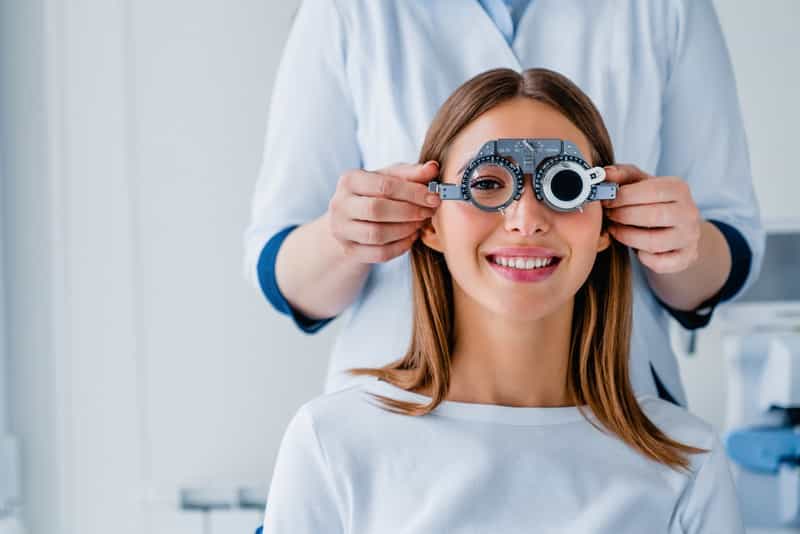Vitamin A is a fat-soluble vitamin important for vision, reproduction, cell growth, and immune function. Fat-soluble vitamins like vitamin A are stored in the body’s fatty tissue. They can be absorbed through the intestinal lining and across the lipid (fat) cell membrane.
Retinol is a form of vitamin A found in animal foods like dairy products such as milk, cheese, and eggs. Retinol ensures that the skin’s pores are cleaned and free of dead cells, resulting in greater clarity. For this reason, it is used in many anti-aging products, which include fighting wrinkles while retaining moisture levels. This process makes the skin look healthier, more vibrant, and younger for longer periods.
Beta carotene is a plant compound that gives red, orange, and yellow vegetables their vibrant colors. Because the body may transform beta carotene into vitamin A, it is known as a provitamin A carotenoid. Beta-carotene also has strong antioxidant effects. Although the chemical is a source of vitamin A, the body usually uses it as an antioxidant. Antioxidants are substances that can neutralize free radicals, which are molecules that interact with necessary chemicals and bring about negative changes. Free radicals can result in oxidation that damages cells and causes disease.
Supports Healthy Vision

The human body needs vitamin A to maintain healthy vision. Conversely, vitamin A deficiency can lead to various eye problems, including night blindness and cataracts, and can increase the risk of developing macular degeneration.
Cataracts are the cloudy opacity in the eye’s lens that prevents light from passing through and can cause blindness. The eye’s normally clear lens becomes obscured due to a cataract. Cataract sufferers may compare viewing through clouded lenses to looking through a fogged-up window. It can be more challenging to read, drive a car, or notice people’s expressions with this condition. Most cataracts grow slowly and don’t initially impair vision. However, cataracts will obstruct vision over time. Stronger illumination and eyeglasses can initially help. However, cataract surgery may be necessary if normal activities are hampered by poor vision.
Macular degeneration is a condition that leads to blindness. It is a result of deterioration in the retina. Wet macular degeneration is more common than dry, and it can lead to blindness by leaking fluid into the retina. Dry macular degeneration is not as common and is caused by blocked blood vessels in the macula. It can also cause blindness from light being unable to reach the retina.










